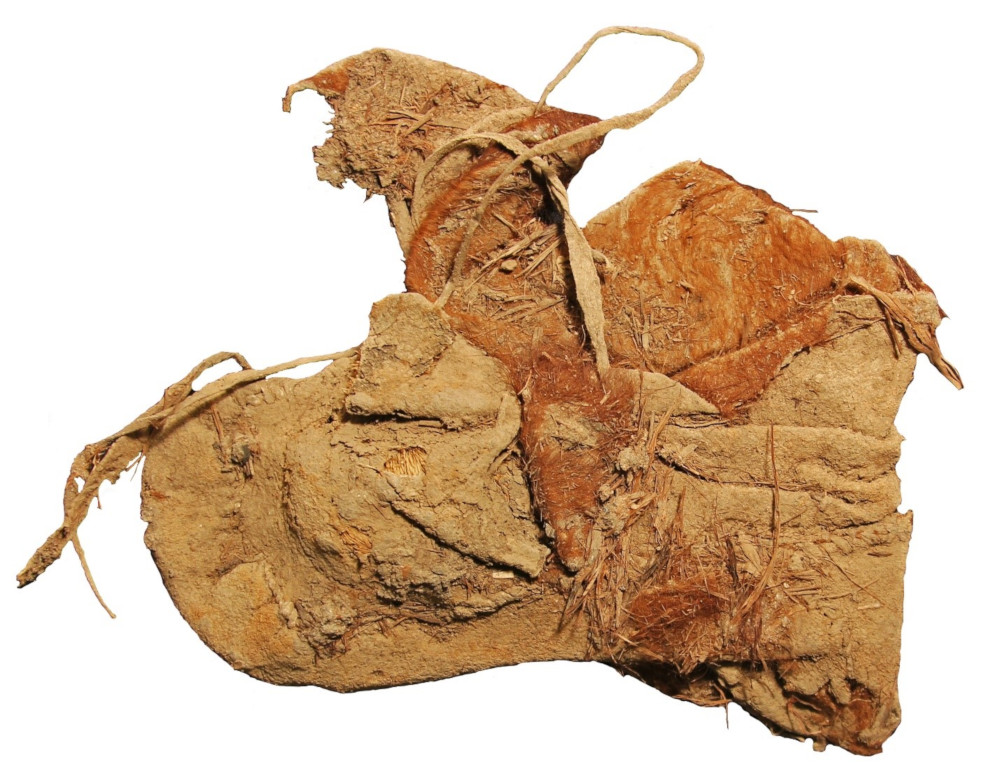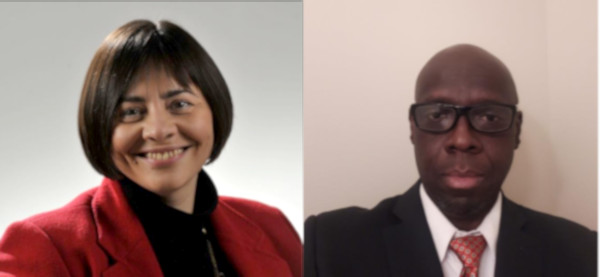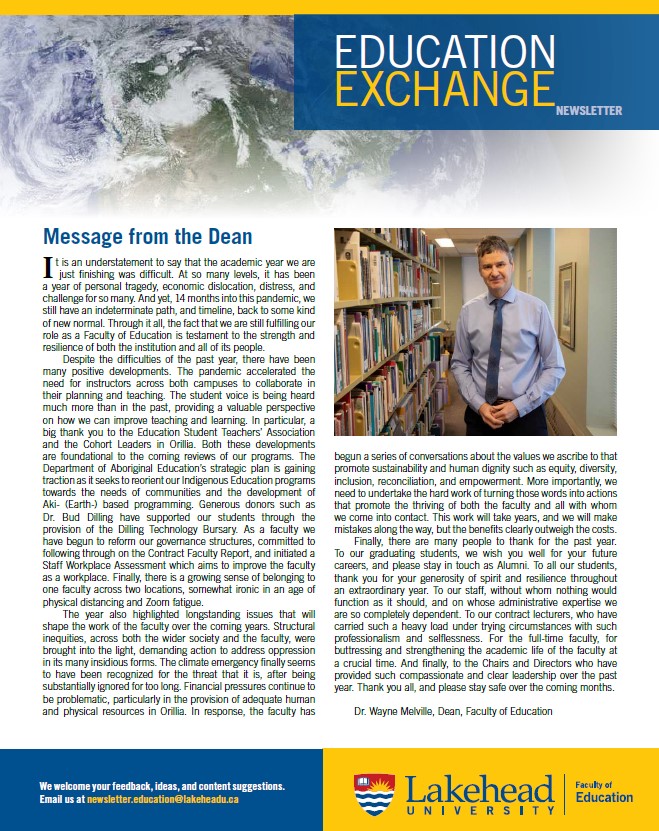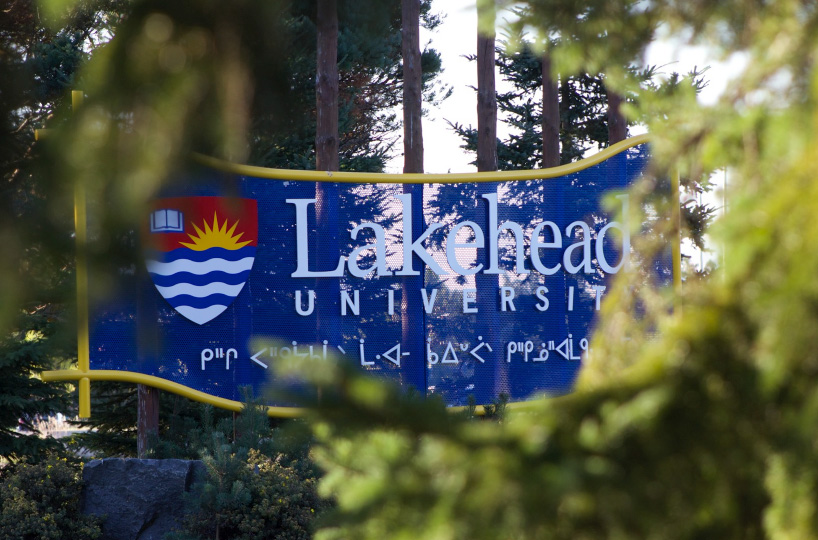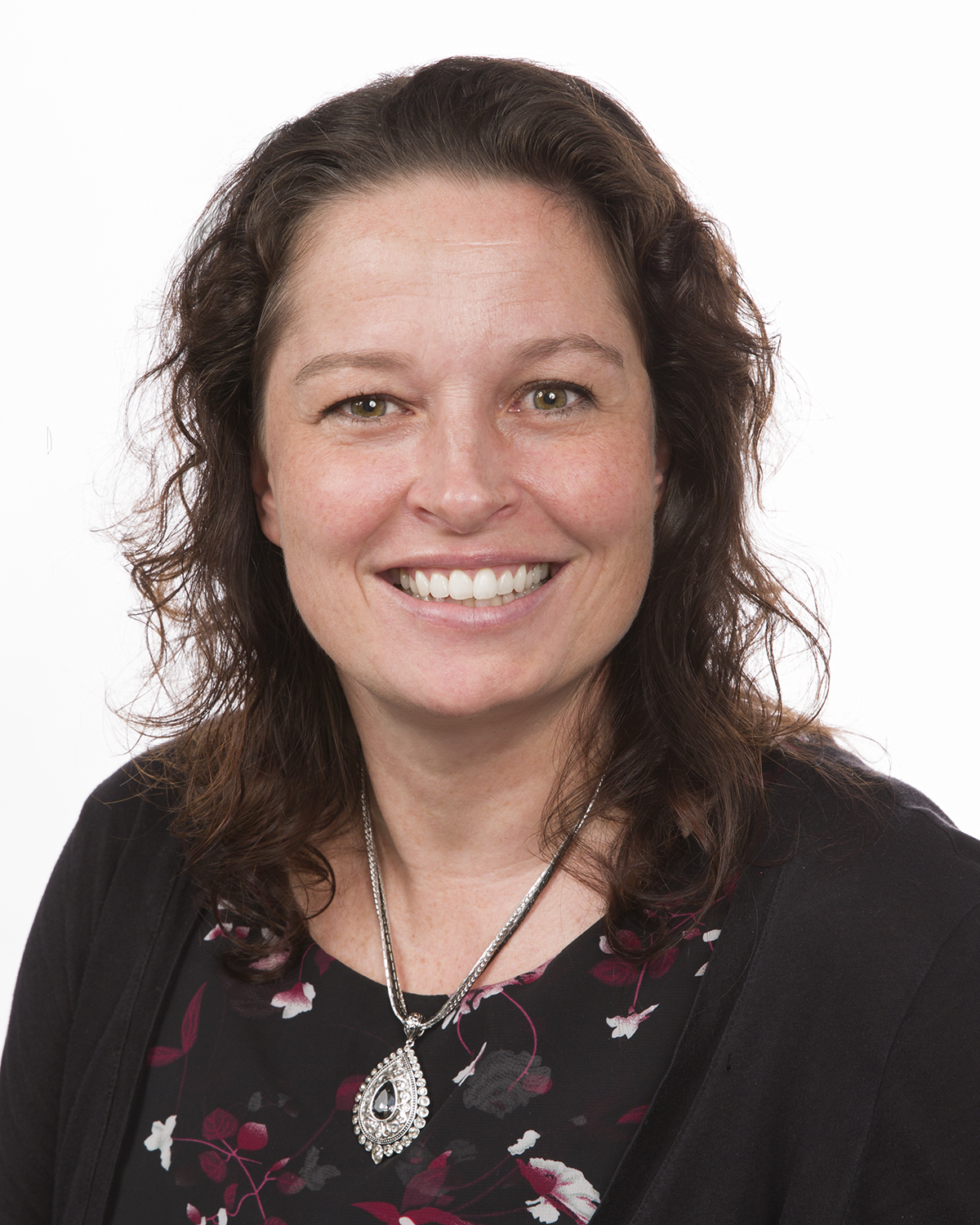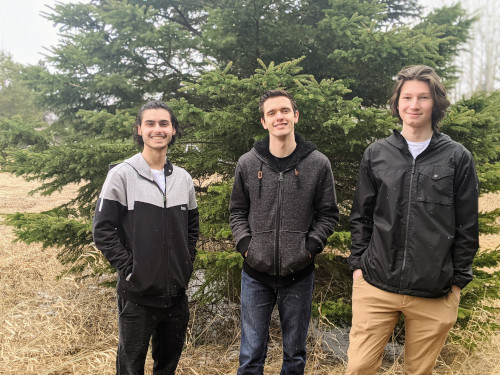Moccasin fragment reveals precolonial connection between Subarctic and Southwest
March 9, 2021 – Thunder Bay, Ont.
New research by Lakehead University anthropologist Dr. Jessica Metcalfe and colleagues provides direct evidence for long-distance connections among precolonial Dene peoples from northern Canada to the southern United States.
About 800 years ago a group of highly successful hunter-gatherers spent several decades living on the north shore of Great Salt Lake, Utah. Archaeological evidence suggests that these ‘Promontory people’ were Dene ancestors whose moccasin styles indicate an origin in the Canadian Subarctic, more than 1,500 km to the north.
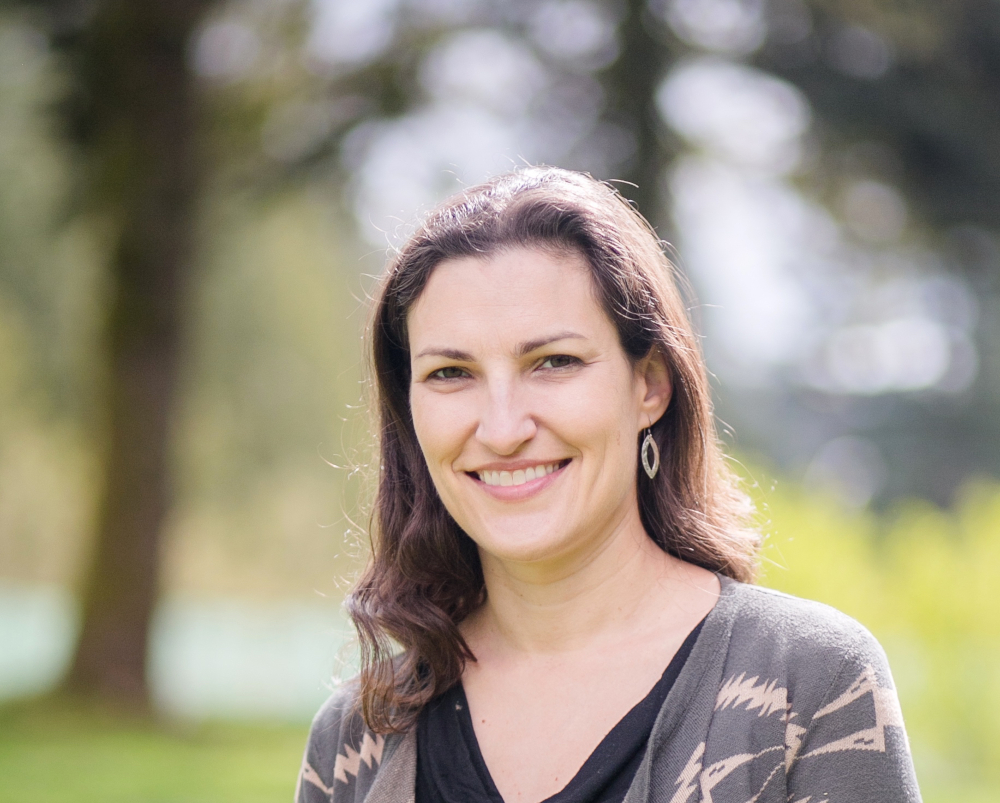
Dr. Metcalfe’s research shows the Promontory people also made at least one journey even farther into the south and/or east, bringing back a scrap of leather that they incorporated into one of their distinctive moccasins.
“We can take a tiny piece of leather and determine if it has chemical signatures that are typical of the place where it was found, or if it came from somewhere else,” said Dr. Metcalfe, Assistant Professor in the Department of Anthropology at Lakehead University.
“Most of the Promontory materials were obtained close to the site, but this piece of leather came from far away – probably hundreds of kilometres to the south or east.”
Use of these cutting-edge techniques in archaeology is growing, but Dr. Metcalfe said this is the first time past human migrations have been reconstructed using chemical traces in footwear.
This research contributes to a longstanding archaeological puzzle: how and when did the Dene language family spread from the Canadian Subarctic into the American Southwest?
During the colonial period, these populations were seen as geographically separate and thought to have no direct connections with one another. However, Dr. Metcalfe’s research suggests that Dene groups travelled great distances to gain and utilize landscape knowledge. This likely facilitated the gradual migration of Dene ancestors from the Subarctic to the Southwest.
Recently, Dene people from northern, southern, and coastal nations have gathered at workshops and conferences held in Tsuut’ina territory (southern Alberta) to share their interconnected languages and cultures and to chart directions for the future.
The research of Dr. Metcalfe and her colleagues, along with genetic, linguistic, and oral history evidence, demonstrates that Dene connections are not a recent phenomenon – long-distance migrations and meetings of Dene peoples have been occurring for many hundreds of years.
Dr. Metcalfe’s research was published in the premier North American archaeology journal, American Antiquity, available here: https://doi.org/10.1017/aaq.2020.116
Other members of the research team include Dr. John (Jack) W. Ives and Jennifer Hallson (University of Alberta), Dr. Beth Shapiro and Sabrina Shirazi (University of California, Santa Cruz), Dr. Kevin P. Gilmore (HDR), Dr. Fiona Brock (Cranfield University), and Dr. Bonnie J. Clark (University of Denver).
The research was supported by Social Sciences and Humanities Research Council of Canada (SSHRC) grants awarded to Dr. Metcalfe and Dr. Ives.
Contact
To learn more about this research project, please contact:
Dr. Jessica Metcalfe
Assistant Professor
Department of Anthropology
Lakehead University
– 30 –
Media: For more information or interviews, please contact Brandon Walker, Media, Communications and Marketing Associate, at (807) 343-8177 or mediarelations@lakeheadu.ca.
Lakehead University is a fully comprehensive university with approximately 9,700 full-time equivalent students and over 2,000 faculty and staff at two campuses in Orillia and Thunder Bay, Ontario. Lakehead has 10 faculties, including Business Administration, Education, Engineering, Graduate Studies, Health & Behavioural Sciences, Law, Natural Resources Management, the Northern Ontario School of Medicine, Science & Environmental Studies, and Social Sciences & Humanities. Lakehead University’s achievements have been recognized nationally and internationally, including being ranked, once again, among Canada’s Top 10 primarily undergraduate universities in Maclean’s 2021 University Rankings; as well as included in the top half of Times Higher Education's 2020 World Universities Rankings for the second consecutive year, and 98th among 766 universities from around the world in THE's 2020 Impact Rankings (which assesses institutions against the United Nations’ 17 Sustainable Development Goals). Visit www.lakeheadu.ca.
An 800 year-old Promontory moccasin constructed in a Subarctic style. Photo credit: Dr. J. W. Ives
